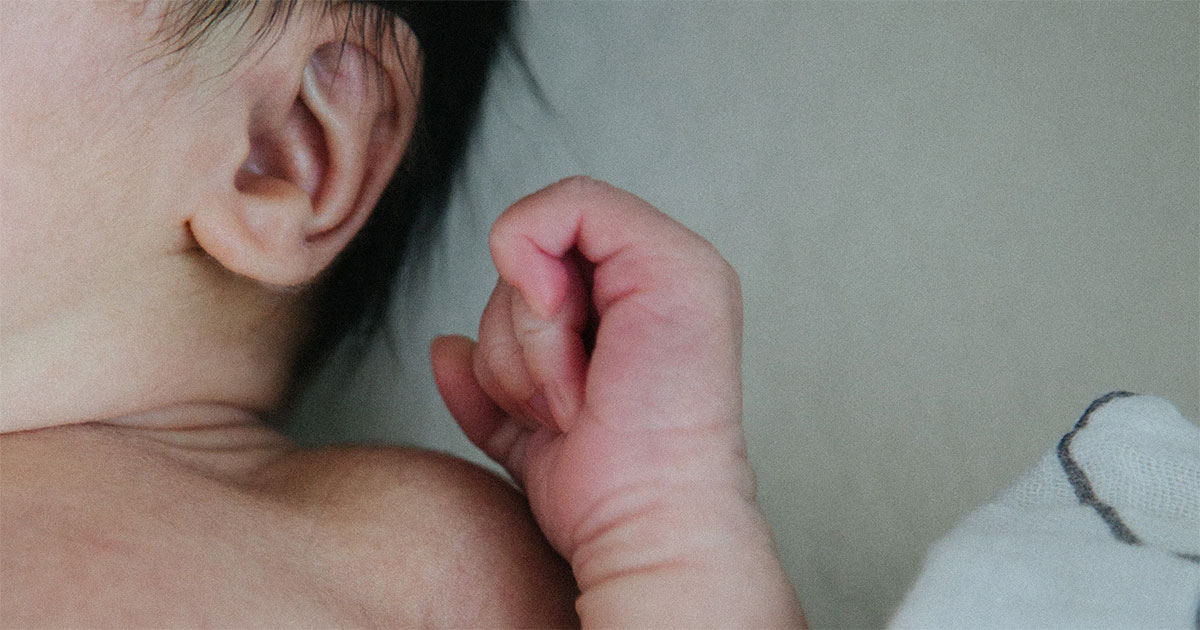A Singaporean woman has given birth to a baby with antibodies against the Covid-19 coronavirus.
This was after the mother was infected with the novel coronavirus in March when she was pregnant, while holidaying in Europe with her parents, husband, and daughter.
This rare case was reported by The Straits Times on Nov. 29.
Baby didn't have Covid-19
The baby was born in November 2020 without Covid-19, but with the virus antibodies.
Based on what was reported, the mother could have passed her antibodies on to the baby, as she is without the antibodies now.
The 31-year-old woman, Celin Ng-Chan, told ST: "My doctor suspects I have transferred my Covid-19 antibodies to him during my pregnancy."
This effectively makes the baby immune to Covid-19.
This case makes Ng-Chan one of a few women in Singapore who were infected with Covid-19 during their pregnancies to have given birth so far.
Ng-Chan's infection, like her daughter's, was mild as she was discharged after two-and-a-half weeks.
Her mother's infection was more severe and life-threatening, while her father and husband both were not infected.
Covid-19 doesn't spread from mother to baby
But it appears a baby catching Covid-19 from the mother is rare.
Current evidence suggests that a baby being infected with Covid-19 during pregnancy or birth is uncommon, ST reported.
The World Health Organisation says it is not yet known whether a pregnant woman with Covid-19 can pass the virus to her foetus or baby during pregnancy or delivery.
Moreover, the evidence available says whether the newborn infant catches Covid-19 from his mother is not affected by the method of delivering the baby, being breast or bottle fed, or if the mother and baby stayed in the same room after the giving birth process.
However, a baby born with Covid-19 antibodies offers a new clue as to whether the infection can be transferred from mother to child.
We deliver more stories to you on LinkedIn
Top photo via Unsplash
If you like what you read, follow us on Facebook, Instagram, Twitter and Telegram to get the latest updates.
